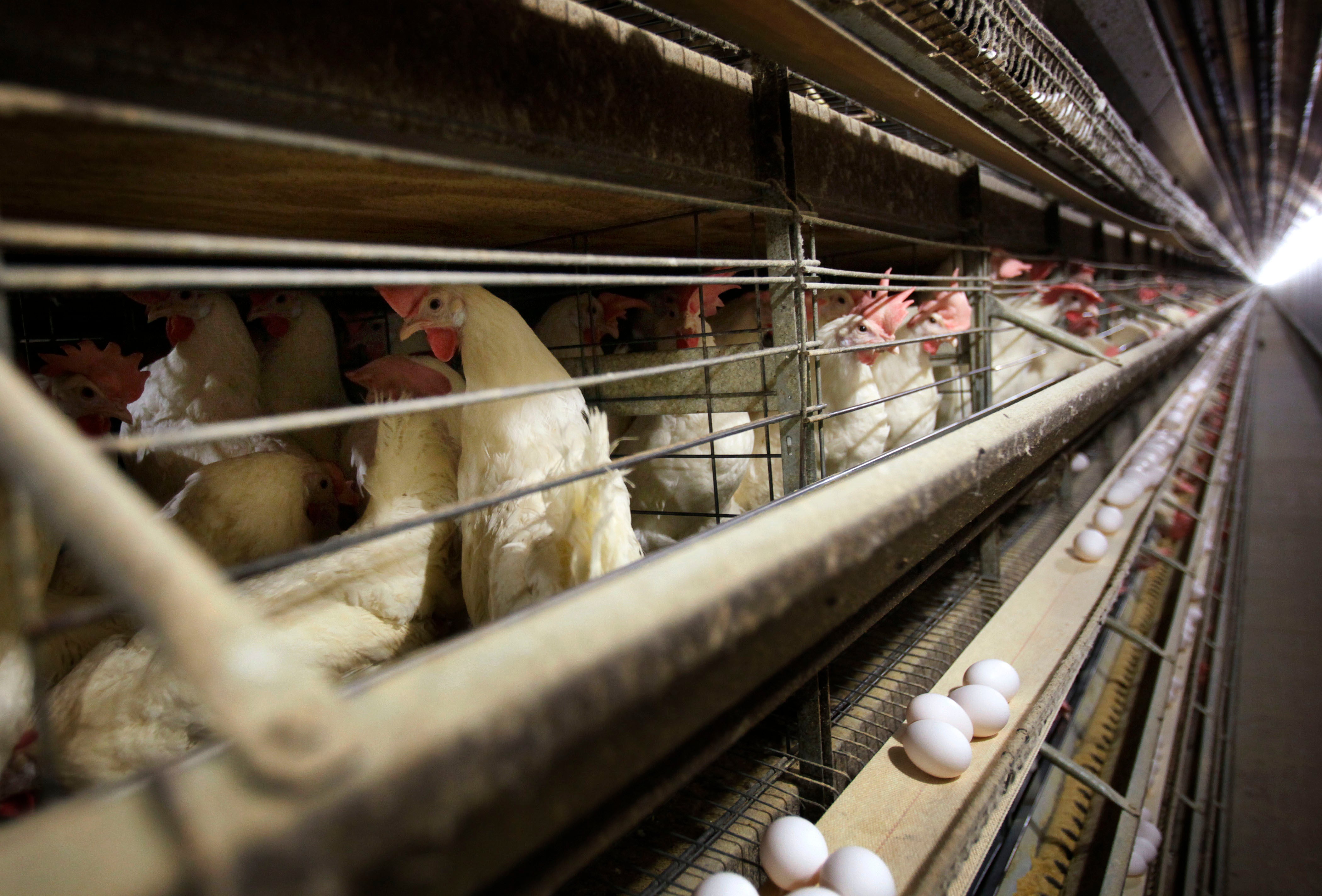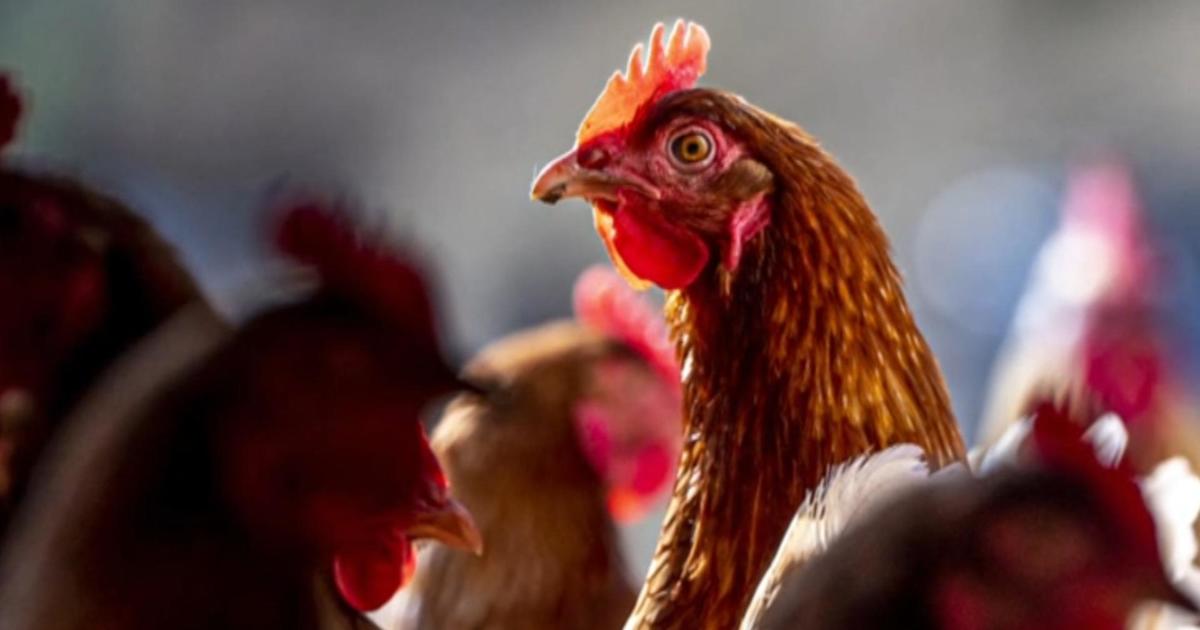Colorado Bird Flu Outbreak: Current Situation

Colorado bird flu – The highly pathogenic avian influenza (HPAI) H5N1 virus, commonly known as bird flu, has been detected in commercial and backyard poultry flocks in Colorado, leading to significant concerns and containment efforts.
The recent outbreak of bird flu in Colorado has raised concerns about the spread of the virus. While the virus is not currently a threat to humans, it can be devastating to poultry populations. The virus has been linked to the death of millions of birds in the United States, and it is important to take steps to prevent its further spread.
To learn more about the Glenn Youngkin religion , click here. The Colorado Department of Agriculture has issued a number of recommendations to help prevent the spread of the virus, including avoiding contact with sick birds, keeping poultry indoors, and disinfecting equipment and surfaces.
Timeline of the Outbreak
The initial detection of the virus in Colorado occurred in a commercial turkey flock in Weld County on March 17, 2023. Since then, the virus has spread to multiple poultry farms in Weld, Larimer, and Morgan counties, prompting a swift response from state and federal authorities.
Colorado’s bird flu outbreak has raised concerns among poultry farmers, prompting increased vigilance and safety measures. Amidst this, the recent revelation about J.D. Vance’s family’s involvement in the poultry industry highlights the complex interplay between politics and agriculture. As the outbreak continues, it remains crucial for both policymakers and the public to prioritize the health and well-being of poultry populations and the livelihoods of those who depend on them.
Containment Efforts
To contain the spread of the virus, the Colorado Department of Agriculture (CDA) and the United States Department of Agriculture (USDA) have implemented strict biosecurity measures, including:
- Quarantining infected flocks and premises
- Implementing movement restrictions for poultry and poultry products
- 加强消毒和清洁措施
- Surveillance and testing of poultry flocks in affected areas
Statistics, Colorado bird flu
As of March 25, 2023, the CDA has confirmed 12 cases of HPAI H5N1 in Colorado, affecting over 2.5 million birds. The majority of cases have been detected in commercial turkey flocks, with a few cases also reported in backyard flocks.
Impact of Bird Flu on Colorado’s Poultry Industry

The outbreak of bird flu in Colorado has had a devastating impact on the state’s poultry industry. The virus has caused the death of millions of birds, leading to significant economic losses for farmers and businesses.
The economic consequences of the bird flu outbreak have been severe. The Colorado Department of Agriculture estimates that the outbreak has cost the state’s poultry industry over $100 million in lost revenue. This includes the cost of replacing lost birds, as well as the cost of implementing biosecurity measures to prevent the spread of the virus.
Measures Taken by Poultry Farmers
Poultry farmers in Colorado have taken a number of measures to prevent and control the spread of the bird flu virus. These measures include:
- Increasing biosecurity measures, such as restricting access to poultry houses and disinfecting equipment.
- Vaccinating birds against the virus.
- Monitoring birds for signs of illness and reporting any suspected cases to the Colorado Department of Agriculture.
Potential Long-Term Implications
The bird flu outbreak could have a number of long-term implications for the Colorado poultry industry. These implications include:
- Supply chain disruptions: The outbreak could lead to disruptions in the supply chain for poultry products, such as eggs and chicken meat.
- Consumer confidence: The outbreak could damage consumer confidence in poultry products, leading to a decrease in demand.
- Increased costs: The outbreak could lead to increased costs for poultry farmers, such as the cost of implementing biosecurity measures and replacing lost birds.
Public Health Concerns and Prevention

Bird flu poses a potential risk to human health, as the virus can be transmitted to humans through contact with infected birds or their bodily fluids. Symptoms of bird flu in humans can range from mild respiratory illness to severe pneumonia and even death.
To prevent the spread of the virus, it is crucial to practice good personal hygiene, such as washing hands thoroughly with soap and water after handling poultry or poultry products, and avoiding contact with sick or dead birds.
Vaccination and Antiviral Treatment
Currently, there are no vaccines available for bird flu in humans. However, antiviral medications, such as oseltamivir (Tamiflu) and zanamivir (Relenza), can be used to treat bird flu infections. These medications are most effective when taken within the first 48 hours of symptom onset.